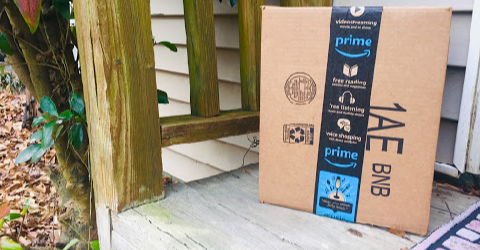 This is a guest post from Alexandra Maxwell.
This is a guest post from Alexandra Maxwell.
Most parents already know that kindergarten is an important milestone in their child’s life but they may not realize just how critical it actually is. Kindergarten is that time of transition from being a “little kid” to the “big kid on the block”, when a child goes from home or pre-school to a full-time learning environment. Children learn important educational basics as well as social skills in their kindergarten classroom.
In kindergarten, it is important for teachers to keep the kids interested while at the same time not overwhelming them. This is why kindergarten teachers combine repetition, playful learning and games, snack and nap periods and story time into each day. At home, parents should try to reinforce what the child has learned at school, which is why it is so important to stay involved.
Learning in kindergarten
To most adults, the coursework of a kindergarten class may seem simple, but in reality it is quite complex. It is in kindergarten that children begin to form the critical building blocks of education such as letters, numbers, words, problem-solving skills, and socialization. Repetition is usually the most effective way for children to learn at this stage; however, mindless repetition is not effective: teachers must pair the repetition with associations and comprehension in order to make a difference.
Because children are naturally inquisitive, most kindergartners want to learn about everything! Teachers and parents should build off of this enthusiasm by presenting children with projects that make it fun to learn and delve deeper into subjects that interest them. For example, as kids learn about the human body they might make a life-size outline of themselves. The learning methods exercised in kindergarten are designed to effectively introduce new words, numbers, and ideas while making it fun.
How parents can help
When children come home from school, their education shouldn’t stop. Parents should stay involved and actively encourage their children to learn, practice concepts the teacher has taught, and make playtime educational. In recent years, the internet has proven to be an effective tool in helping both pre-schoolers and kindergarteners learn the basics.
Although most people consider the internet an educational tool for college students, nothing could be further from the truth. There are a number of ways children of all ages can benefit from online learning games. For kindergartners in particular, there is a focus on counting, the alphabet, shapes, colors, and basic words – all of which are important lessons in the first year of school. Educators that make the experience fun design the games, so much in fact that most kids won’t even realize that they are learning.
Math is one of the most prevalent topics of these online games, which is why there are so many math manipulatives for kindergarten and parents that want to learn more about math manipulatives for kindergarten should know that these types of exercises are simply puzzles that help kids understand a new mathematical concept through hands-on experiences. Online math manipulatives include videos, games, puzzles, and songs that help reinforce shapes, patterns, measurements, telling time, arithmetic, and counting among other topics.
 Mommy Talk Show Candid Conversation with a TV Mom
Mommy Talk Show Candid Conversation with a TV Mom



